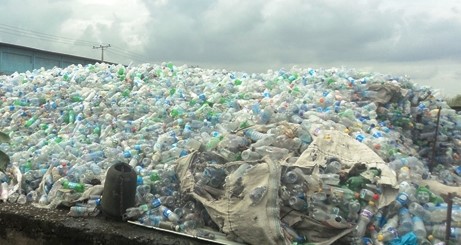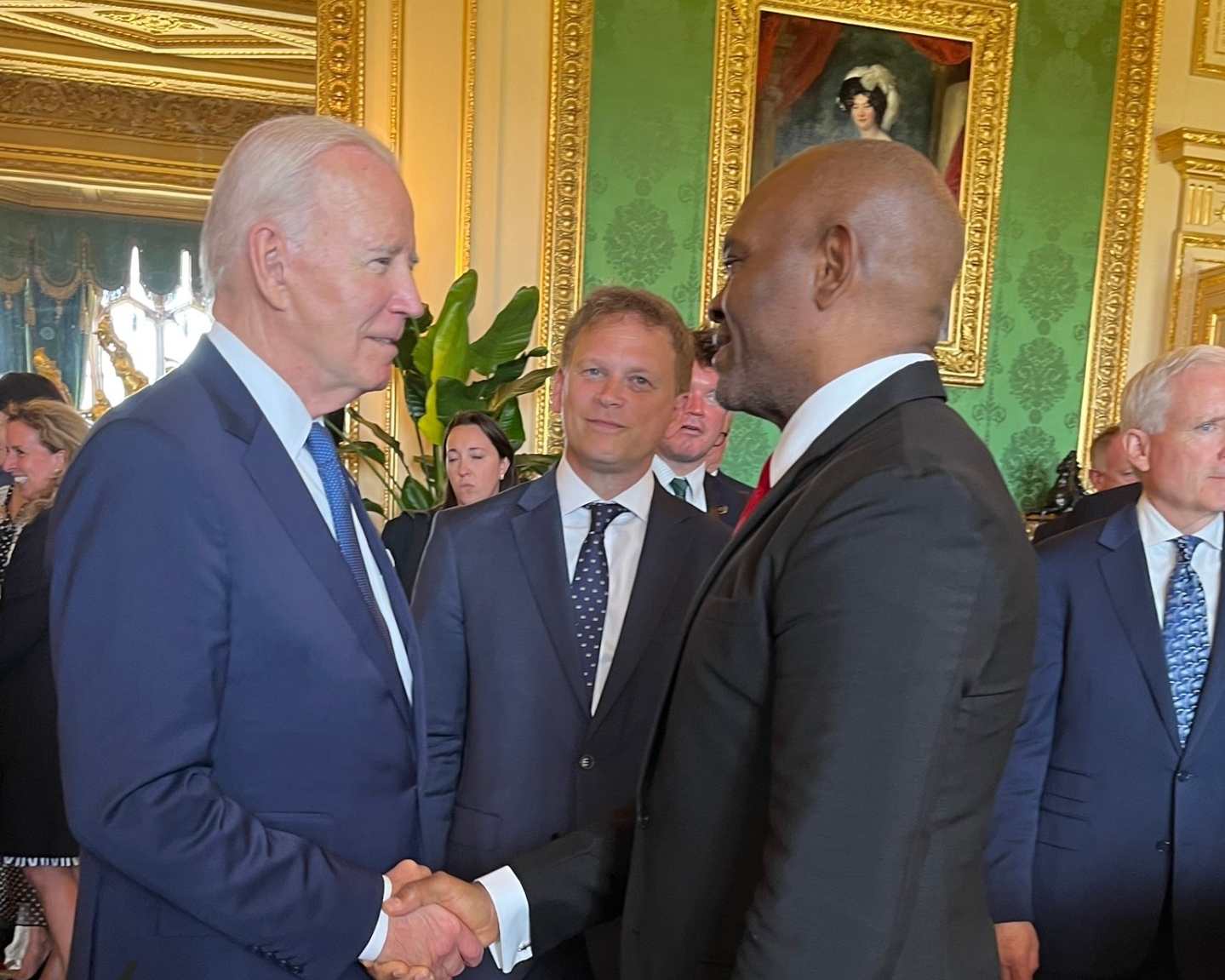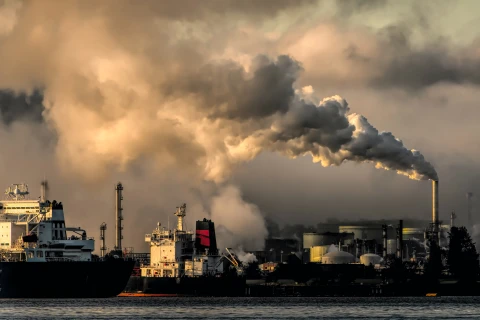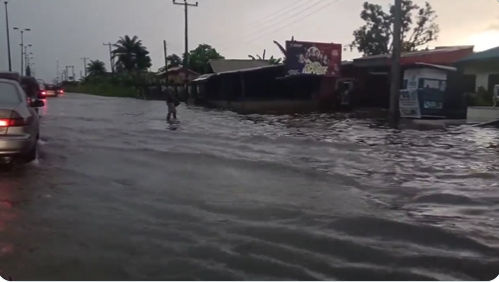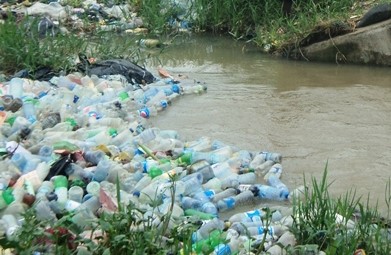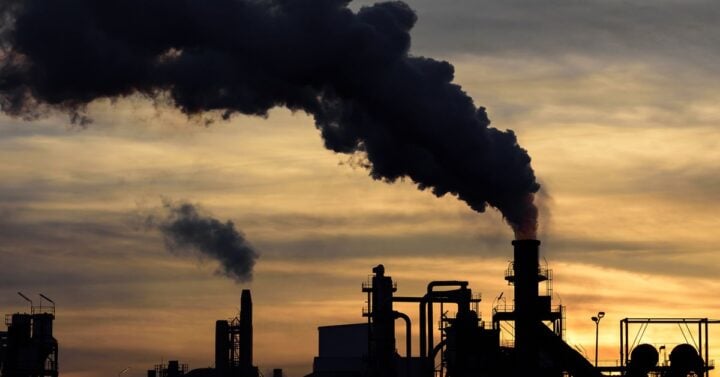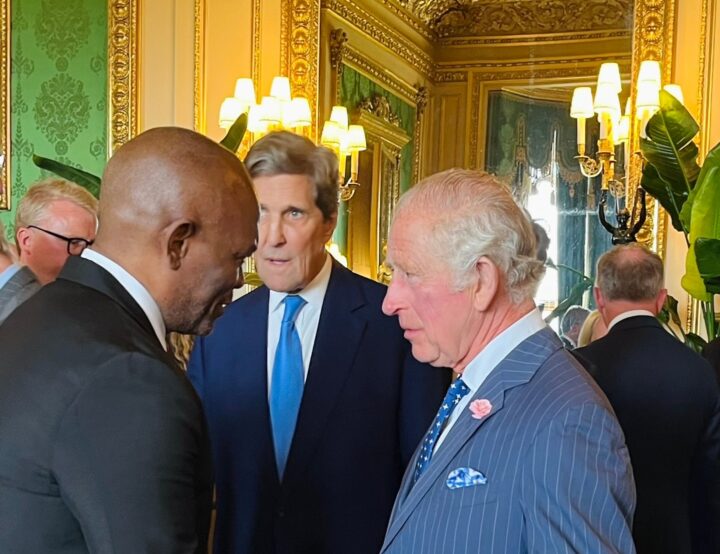Despite directly impacting our communities, health, and livelihood, climate-related reports usually take a back seat to dominant news beats like politics and business. Climate Watch aims to ensure you never miss important stories on climate change and actions being taken toward limiting its impact.
Here is a round-up of last week’s climate stories:
- The federal ministry of environment, on July 8, said it would convert plastic waste to wealth in Abuja, the federal capital territory (FCT). Usman Abdullahi, director of pollution control and environmental health, said the ministry would enlighten residents of the Kuchingoro community in the FCT on waste segregation to mark the 2023 National Environmental Sanitation Day (NESD). Abdullahi said biodegradables can be converted to compost while plastics can also be recycled for other useful purposes.
- Volker Türk, the UN high commissioner for human rights, said millions of people are at risk of starvation. Türk, who spoke at the 53rd session of the UN Human Rights Council in Geneva on July 3, said the right to food is threatened by the climate crisis, adding that there is a need to end subsidies to the fossil fuel industry. The UN commissioner said a future of hunger and suffering must not be delivered to the next generations. Read more here.
- Researchers at the US National Centre for Environmental Prediction (NCEP) recorded Monday, July 3, as the world’s hottest day since the 19th century. The world’s average temperature reached 17.01°C on the day. Leon Simons, a climate researcher, said the new temperature rise is a combination of the naturally occurring El Niño event and carbon dioxide emissions. Find out more here.
- Salisu Dahiru, the director-general of the National Council on Climate Change (NCCC), on July 6, said carbon trading would help Nigeria meet its nationally determined contributions (NDCs). Dahiru said the country should take advantage of the opportunities in climate change mitigation and adaptation, adding that there is a need for the trading scheme to properly align with the NDCs as contained in the Paris Agreement. Find out more here.
- President Bola Tinubu last week suspended the 10 percent green tax made up of excise duty on single-use plastics (SUPs), including plastic containers, films, and bags. Dele Alake, special adviser to the president on special duties, communication and strategy, said this would address business unfriendly fiscal policy measures and multiplicity of taxes. Find out more here.
Add a comment
